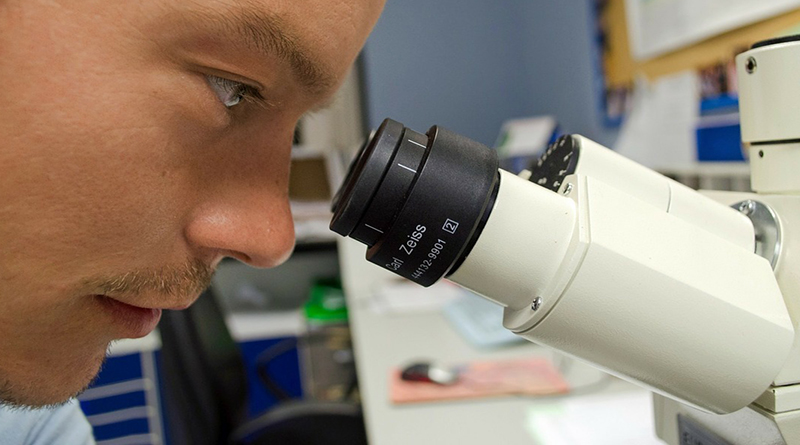
Study Explores Neural Basis of Yawning to Help People with Tourette’s Syndrome
If you’ve ever been in the company of someone who is fighting the good fight of “stifling” a yawn, it’s likely that you’re no stranger to the odd sensation of “catching” your own yawn as a result.
Throughout history, the arcane nature of the yawn has continued to elude the masses, as there has been no physiological significance associated with it.
However, in a recent study published in Current Biology, a team of researchers from the University of Nottingham was able to examine the contagious cause and effect relationship from one yawner to the next. The research suggests that yawning can be triggered involuntarily by someone catching a glimpse of another’s yawn, due to echophenomena — the automatic imitation of another’s words (echolalia) or actions (echopraxia).
Echophenomena is known to be associated with a wide range of clinical conditions related to increased cortical motor excitability as well as decreased physiological inhibition, such as autism, epilepsy and Tourette syndrome.
As the neural basis for echophenomena is unknown, the aim of the study was to test the link between motor excitability and the neural basis for contagious yawning.
The study was comprised of thirty-six neurologically healthy adults. During the experiment, participants were asked to view video clips of people yawning. They were told to either yawn freely, or to resist the urge to yawn altogether.
The participants’ brain activity was measured through transcranial magnetic stimulation (TMS) during the study; a noninvasive, magnetic method of brain stimulation.
The study yielded two findings:
First, researchers found that commands to resist yawning significantly increases the urge to yawn, while also causing more stifled than full yawns.
Secondly, they found that cortical motor excitability and physiological inhibition are strongly linked to one’s inclination to contagiously yawn.
According to ScienceDaily, Georgina Jackson, senior study author and professor of cognitive neuropsychology at the University of Nottingham, stated that “this research has shown that the ‘urge’ is increased by trying to stop yourself. Using electrical stimulation, we were able to increase excitability and in doing so increase the propensity for contagious yawning.”
Jackson and her team’s research proves to be an example of how yawning, a tremendously misunderstood action, provides insight to improving other medical conditions. “In Tourettes, if we could reduce the excitability, we might reduce the tics and that’s what we are working on,” Jackson said, according to ScienceDaily.
Tics play a pivotal role in molding a Tourette syndrome patient’s experience. People suffering from mild to severe tics may not be well-received by the general public. Due to the repetitive movements, they may also suffer from pain and discomfort. Therefore, reducing the tics could drastically improve the quality of life of patients suffering with the syndrome. Additionally, the research team believes that their findings may be able to help develop non-drug treatments for neural diseases.
“If we can understand how alterations in cortical excitability give rise to neural disorders we can potentially reverse them. We are looking for potential non-drug, personalized treatments,” Professor Stephen Jackson of the University of Nottingham said, according to ScienceDaily.
.
This piece is based on an article by Isaac Chen for the John Hopkins Newsletter, which can be seen here.
Megan Baksh received her Bachelor of Science in Exercise Science at Nova Southeastern University in May of 2016, and is currently pursuing an education in the field of psychology.




